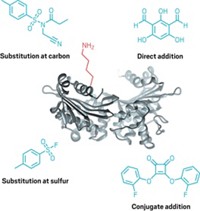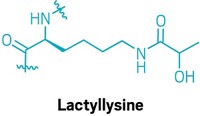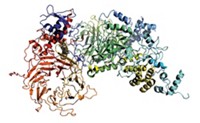Advertisement
Grab your lab coat. Let's get started
Welcome!
Welcome!
Create an account below to get 6 C&EN articles per month, receive newsletters and more - all free.
It seems this is your first time logging in online. Please enter the following information to continue.
As an ACS member you automatically get access to this site. All we need is few more details to create your reading experience.
Not you? Sign in with a different account.
Not you? Sign in with a different account.
ERROR 1
ERROR 1
ERROR 2
ERROR 2
ERROR 2
ERROR 2
ERROR 2
Password and Confirm password must match.
If you have an ACS member number, please enter it here so we can link this account to your membership. (optional)
ERROR 2
ACS values your privacy. By submitting your information, you are gaining access to C&EN and subscribing to our weekly newsletter. We use the information you provide to make your reading experience better, and we will never sell your data to third party members.
Environment
Pesticide Activity Extends To The Brain
Organophosphorus and thiocarbamate pesticides have secondary effects in the brain, a study in mice reveals
by Sophie L. Rovner
August 2, 2010
| A version of this story appeared in
Volume 88, Issue 31
Widely used organophosphorus and thiocarbamate pesticides can affect numerous unintended targets in the brain, a study in mice reveals (J. Agric. Food Chem., DOI: 10.1021/jf101747r). Daniel K. Nomura of Scripps Research Institute and John E. Casida of the University of California, Berkeley, examined 29 insecticides, herbicides, and fungicides. Using a technique called activity-based protein profiling, they assessed the pesticides’ effects on neurologically important enzymes. They focused on identifying targets within the serine hydrolase family of enzymes, which is known to be affected by compounds with a chemical scaffold similar to that of the pesticides. Nomura and Casida found that several of the pesticides, including chlorpyrifos, tribufos, and molinate, inhibited these enzymes in mice. Affected enzymes include monoacylglycerol lipase and fatty acid amide hydrolase, which regulate endocannabinoid function, and acyl protein thioesterases, which control formation of synaptic components known as dendritic spines. The researchers acknowledge that they used high doses of injected pesticides and recommend that further studies be carried out at lower dietary doses.





Join the conversation
Contact the reporter
Submit a Letter to the Editor for publication
Engage with us on Twitter